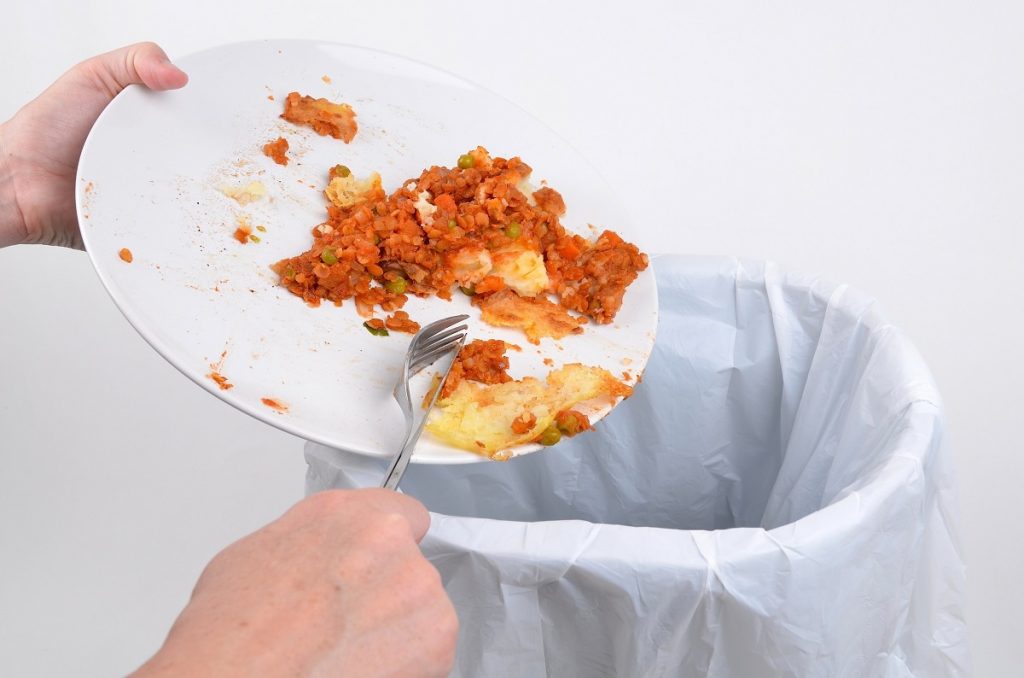- Reduce food waste and organic waste by implementing a food waste reduction program, proper portion management, and menu planning.
- Recycle used oil using grease collection services.
- Switch to eco-friendly packaging such as compostable or biodegradable materials and reusable containers for bulk orders.
- Replace energy-inefficient appliances with energy-efficient ones and reduce single-use plastics.
- Support local and sustainable suppliers by sourcing ingredients from them.
As society becomes increasingly aware of the impact of environmental issues, many businesses are deciding to implement eco-friendly practices into their operations. For restaurant owners, transitioning to more sustainable practices may seem daunting.
However, with minor changes, restaurant owners can significantly reduce their carbon footprint, save money, and attract eco-conscious customers. This article discusses several tips for restaurant owners looking to integrate sustainable practices into their establishments.
Reduce Food Waste

Food waste is one of the most significant sources of waste in the restaurant industry. Consider implementing a food waste reduction program in your restaurant to combat this. This can include composting food scraps, donating leftover food to a local homeless shelter, or even purchasing a food recycler to turn food waste into fertilizer.
Reduce Organic Waste
Addressing food waste can reduce the amount of organic waste sent to landfills and lower the disposal cost. It can also help your restaurant save money by reducing the need to buy new food and creating a more sustainable business.
Portion Management
Educating staff on proper portion management, menu planning, and storage practices is also essential to reduce spoilage and waste. By taking steps like these, you can help make your restaurant more environmentally friendly while helping to reduce costs.
Recycle Used Oil
Reusing or recycling used oil can help reduce the environmental impact of producing new oil. To dispose of used oil properly, restaurants can also work with a company offering reliable yellow grease collection services. The company picks up the used oil and recycles it efficiently.
Choose Eco-Friendly Packaging
Invest in compostable or biodegradable packaging for your takeout orders. Plastic containers and utensils take hundreds of years to decompose and eventually end up in oceans and landfills, posing a significant environmental threat.
Sustainable Materials
Eco-friendly packaging options consist of materials like bamboo, sugar cane, and corn, which are more sustainable and take less time to decompose. Not only will you reduce your carbon footprint, but you’ll also be able to differentiate yourself from other restaurants and show customers that their health and the environment are essential to you.
Bulk Orders
Additionally, consider reusable packaging materials for bulk orders or larger orders. Reusable containers can make a big difference in waste reduction since they can be used multiple times before needing to be recycled.
Switch to Energy-Efficient Appliances
Kitchen appliances are essential in day-to-day restaurant operations but are also notorious for energy usage. Small actions such as LED lighting or Energy-Star-certified refrigerators and dishwashers can save energy costs in the long run.
Sustainable Equipment
There are several ways to do this, such as purchasing sustainable equipment or signing up for sustainable energy programs. Doing so can help restaurants save money and reduce their carbon footprint.
Energy Efficiency
Additionally, make sure to consider energy efficiency when selecting appliances for the kitchen. Not only will this help you conserve energy, but it could also result in lower utility bills. Lastly, properly maintain all kitchen equipment by regularly cleaning filters or conducting routine maintenance checks.
Reduce Single-Use Plastics
Plastic straws, stirrers, cups, and containers significantly contribute to the environmental crisis, particularly in oceans. To reduce the use of single-use plastics significantly, restaurants can opt out of using plastic straws or alternative options like paper straws or metal reusable ones. Alternatives to plastic cups and containers are available.
Eco-Friendly Containers
Restaurants can use glass containers or eco-friendly materials like bamboo, which are more sustainable and easier to dispose of. Additionally, restaurants can use biodegradable utensils and plates to reduce the amount of plastic waste. By implementing these practices, restaurants can do their part in reducing the impact of single-use plastics on the environment.
Limit Food Packaging
Another way restaurants can reduce the amount of plastic they produce is by limiting food packaging. Restaurants should use paper or cardboard boxes that can be recycled or composted. Additionally, restaurants can provide incentives for customers who bring their reusable containers and bags when ordering takeout food. By making these changes, restaurants can make a significant impact in reducing plastic waste.
Support Local and Sustainable Suppliers
Many sustainable practices can be implemented outside of a restaurant’s physical space. Reducing the carbon footprint of your establishment by sourcing ingredients from local farmers and suppliers can have a significant impact.
Sustainable Farming Practices

Furthermore, support farmers who use sustainable farming practices and avoid inauthentic ingredients. Supporting local farmers and businesses promotes sustainability and strengthens the local economy.
Going green as a restaurant owner is environmentally friendly and economically sustainable. By following the tips in the article, restaurants can play a vital role in promoting sustainability and moving toward a cleaner and safer environment. Join the movement of restaurant owners venturing towards eco-sustainability and be part of creating a positive impact on the planet.

